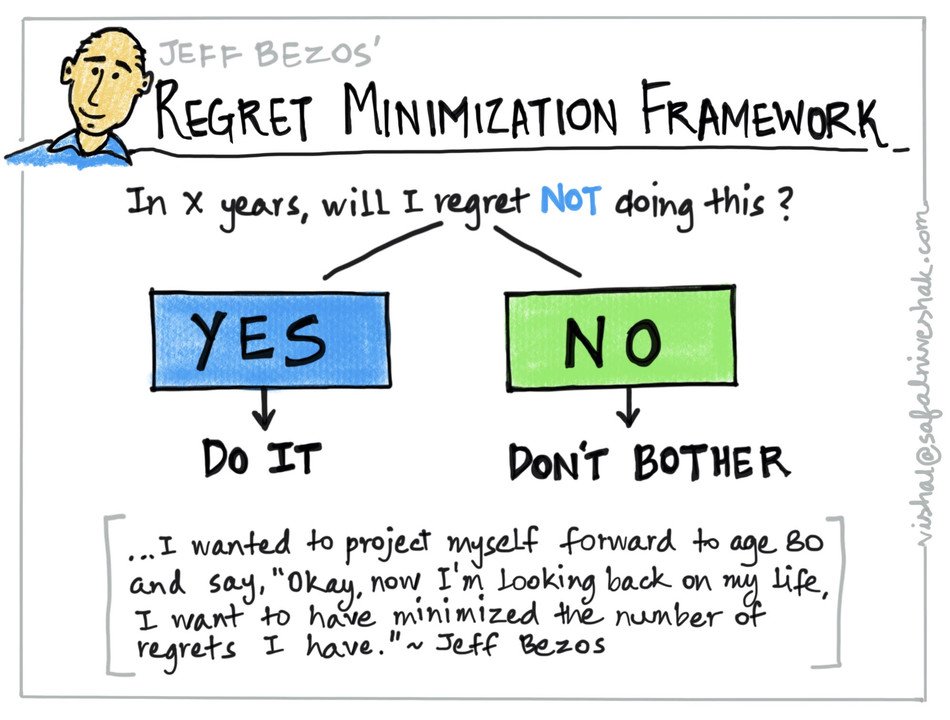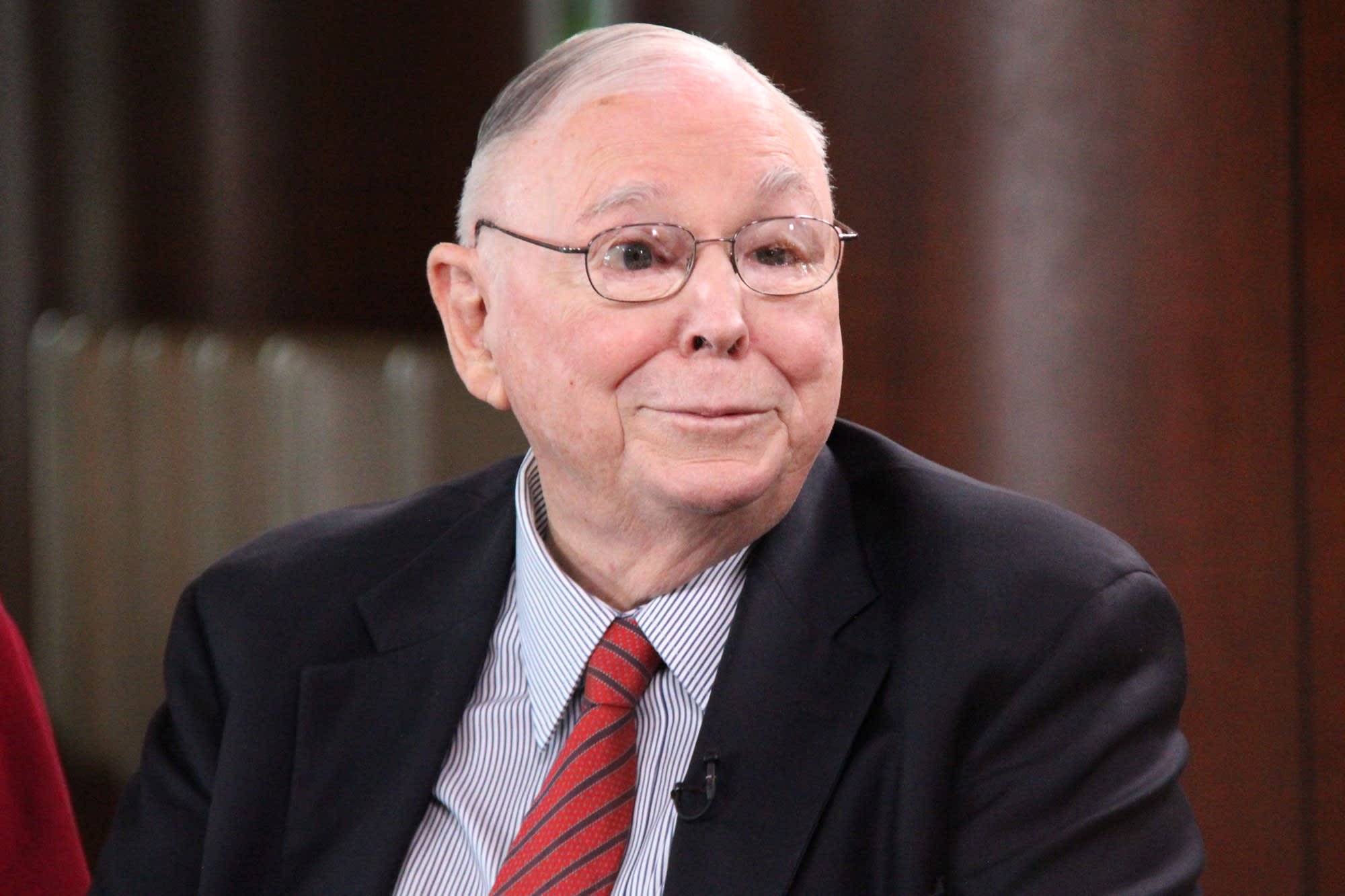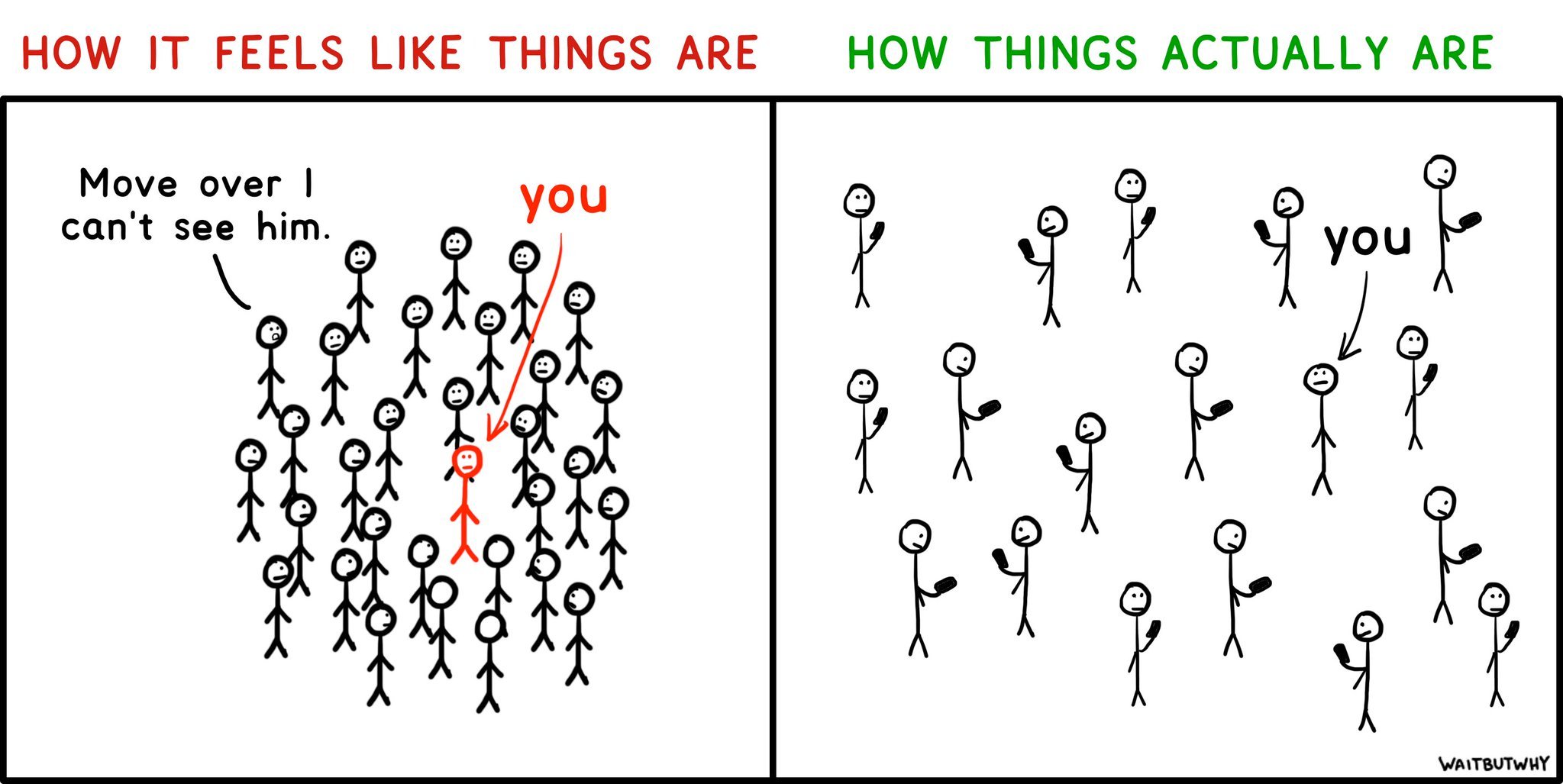Thread
7 mental models you can use to actually make decisions (instead of just reading about mental models):
Let's start with some harsh truth.
99% of mental models are a waste of time.
And reading about them is nothing but procrastination disguised as productivity.
Why?
Because most aren't actionable.
Luckily, here are 7 you can start using in the next 3 minutes:
99% of mental models are a waste of time.
And reading about them is nothing but procrastination disguised as productivity.
Why?
Because most aren't actionable.
Luckily, here are 7 you can start using in the next 3 minutes:
"Which decision would the person I'm trying to become make?"
You don't *magically* become the strongest version of yourself.
You become that person by:
• Taking actions that person takes
• Making decisions that person makes
Picture your ideal self – what would they do?
You don't *magically* become the strongest version of yourself.
You become that person by:
• Taking actions that person takes
• Making decisions that person makes
Picture your ideal self – what would they do?
"Which path is more difficult in the short-term, but better in the long term?"
Everything good in life comes from compounding.
And the key to compounding?
Delayed gratification.
When faced with two paths, you will never regret taking the one that's more difficult to start.
Everything good in life comes from compounding.
And the key to compounding?
Delayed gratification.
When faced with two paths, you will never regret taking the one that's more difficult to start.
"Which path will I regret *not* taking when I'm 80 years old?"
This is the mental model Jeff Bezos used to quit his job as a hedge fund trader and start Amazon.
Fast forward to your 80-year-old self and think:
Which decision would they want me to make?
Then, make that one.
This is the mental model Jeff Bezos used to quit his job as a hedge fund trader and start Amazon.
Fast forward to your 80-year-old self and think:
Which decision would they want me to make?
Then, make that one.
"Which path would the average person take?"
The average person is:
• Overweight
• Unhappy
• In debt
And the brutal truth?
It's a result of their tiny decisions compounded for a long time.
So figure out the path the average person would take.
Then, do the opposite.
The average person is:
• Overweight
• Unhappy
• In debt
And the brutal truth?
It's a result of their tiny decisions compounded for a long time.
So figure out the path the average person would take.
Then, do the opposite.
"Which decision is in this person's best self-interest?"
This is useful when anticipating *other* people's decisions.
You can simplify the world if you assume they will act in their best interest.
As Charlie Munger says:
"Show me the incentives and I'll show you the result."
This is useful when anticipating *other* people's decisions.
You can simplify the world if you assume they will act in their best interest.
As Charlie Munger says:
"Show me the incentives and I'll show you the result."
"Which path is simpler?"
This is Occam's Razor: the simpler solution is usually the correct one.
When given two paths, choose the one that sticks to the basics.
There's no need to overcomplicate it.
Success comes from doing somewhat monotonous things every day for years.
This is Occam's Razor: the simpler solution is usually the correct one.
When given two paths, choose the one that sticks to the basics.
There's no need to overcomplicate it.
Success comes from doing somewhat monotonous things every day for years.
"What would I advise my best friend to do in this situation?"
Most people are 10x better at giving advice to *a friend* than they are at giving advice to *themselves.*
So picture yourself talking to your best friend.
What would you advise them to do?
Then, make that choice.
Most people are 10x better at giving advice to *a friend* than they are at giving advice to *themselves.*
So picture yourself talking to your best friend.
What would you advise them to do?
Then, make that choice.
"What would I do if I wasn't concerned about the opinion of others?"
The fear of other people judging them holds back 95% of people.
But everything changes when you realize:
No one on Earth is thinking about you as much as you think they are.
Make decisions accordingly.
The fear of other people judging them holds back 95% of people.
But everything changes when you realize:
No one on Earth is thinking about you as much as you think they are.
Make decisions accordingly.
And that's it!
The key realization here?
Mental models are nothing more than questions you ask yourself when making a decision.
The answers to those questions guide your actions.
So stop reading about mental models.
Start collecting good questions instead.
The key realization here?
Mental models are nothing more than questions you ask yourself when making a decision.
The answers to those questions guide your actions.
So stop reading about mental models.
Start collecting good questions instead.
If you made it this far, I appreciate you taking the time to read.
If you found these helpful, all I ask is you hop back to the 1st tweet and give it a retweet.
Here's the link:
If you found these helpful, all I ask is you hop back to the 1st tweet and give it a retweet.
Here's the link:
For more actionable threads like this (instead of content that makes you *feel* productive without moving the needle), follow me: @dickiebush
Mentions
See All
Nick Huber @sweatystartup
·
Jun 16, 2022
Practical advice - great thread.




